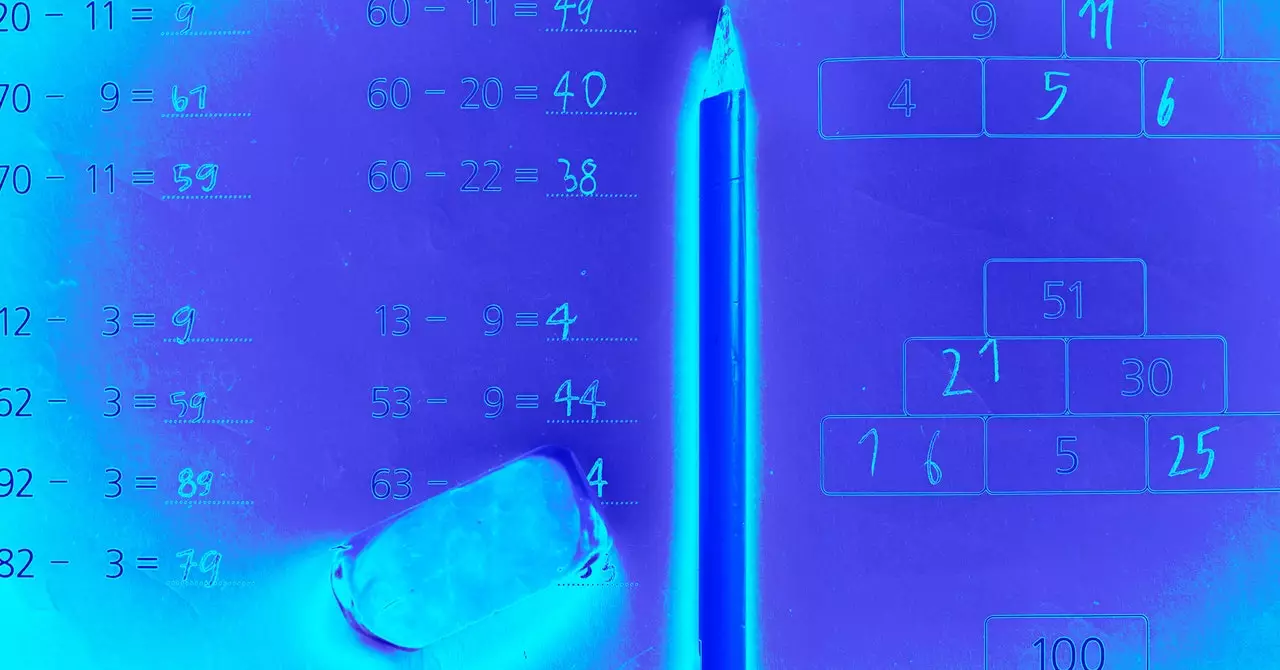As technology continues to advance at a rapid pace, the education sector has not been left untouched by its influence. One of the latest developments in the realm of education is the use of generative AI chatbots like ChatGPT for writing assignments. However, while educators have been busy grappling with the implications of AI in writing tasks, another significant change has been taking place under the radar – the use of AI for completing math homework.
Students across high schools and colleges are increasingly turning to smartphone apps that leverage generative AI to solve math problems. Among these apps, Gauth has emerged as a popular choice, boasting millions of downloads. Owned by ByteDance, the parent company of TikTok, Gauth initially focused on mathematics but has since expanded its range to include subjects like chemistry and physics. The app has gained traction and even secured a spot at the top of education app download lists.
Gauth operates on a simple premise – students can scan a printed or handwritten math problem using their smartphones, and the AI model within the app generates a step-by-step solution, often with the correct answer. While the app has garnered primarily positive reviews and a high rating on app stores, our testing revealed some limitations. In the case of high-school-level algebra and geometry problems, Gauth’s AI performed adequately, securing grades in the B to C range. However, it struggled with more advanced topics like Calculus.
Generative AI tools, though powerful in their own right, often falter when faced with complex mathematical equations. While efforts are being made to enhance AI’s capabilities in this area, the current generation of AI homework-solving apps may not be suitable for students at advanced levels. Researchers are exploring avenues to improve AI’s performance, as evidenced by Google DeepMind’s recent success with AlphaProof, a math-focused language model.
Despite positioning itself as an educational aid rather than a cheating tool, Gauth acknowledges the potential misuse of its app by students. The company’s website features an “Honor Code” that encourages users to uphold moral standards and use the app responsibly. This proactive stance by Gauth highlights the broader ethical considerations surrounding the use of AI in academic settings.
The proliferation of AI-powered tools like Gauth has revolutionized the way students approach math homework. While these apps offer convenience and support for learners, they also raise questions about academic integrity and the role of technology in education. As AI continues to evolve, it is imperative for educators, students, and developers to engage in critical discussions about the responsible use of these tools and their impact on the learning process.


Leave a Reply
You must be logged in to post a comment.